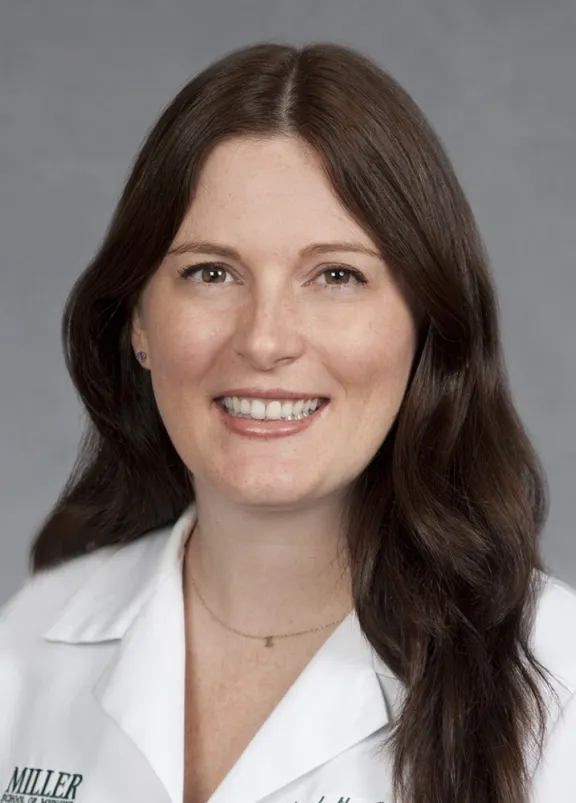
CROs Offer Expanding Jobs Opportunities for Postdocs
For postdocs in the job market, contract research organizations (CROs) represent an emerging and welcome opportunity.
As research becomes increasingly specialized, pharmaceutical companies many not have exactly the right expertise in house to push a project forward.
Enter the CROs—small companies that provide specialized services to the pharmaceutical industry. In general, these are services that would require infrastructure, staffing or expertise that the sponsor (the client purchasing services from the CRO) lacks.
While there may have once been a stigma associated with only having worked for a CRO, this perception is changing.
“Some of my colleagues are now being recruited by biotechs for their specialized knowledge,” said Joe Francisco, senior scientist in Business Development at Charles River Labs.
And for those wanting to make careers in the CRO space, a growing number of startups created are now being created by postdocs and ex-industry scientists with the idea of providing specialized services to the network, according to Science Exchange cofounder Elizabeth Iorns, whose online database allows pharmaceutical companies to identify and contract with CRO services worldwide.
The San Francisco Bay Area chapter of Oxbridge Biotech Roundtable recently held a special panel at UCSF on the role of CROs within the drug development ecosystem. The invited speakers included representatives of both CROs—Charles River Labs’ Joe Francisco and Ken Meek, director of Sales & Marketing at Aragen Bioscence – and by the pharmaceutical industry: Kitty Yale, senior director of Clinical Operations at Gilead Sciences and Jesse McGreivy, chief medical officer at the biopharmaceutical company Pharmacyclics. Joining them was Science Exchange’s Elizabeth Iorns.
While pharmaceutical companies may use CROs sporadically, the CROs themselves are busy year-round. Francisco notes that while work in biotech or pharma is usually focused on a particular therapeutic area or disease, specialists at a CRO may work on classes of compounds or processes and their skills may be more broadly needed by different clients.
How safe are domestic CRO jobs?
The panelists agreed that they had seen no big rush to outsource CRO services to cheaper parts of the world, and sanguinely predicted that the United States and Europe would likely remain major providers to the drug industry for the foreseeable future. Francisco recalls predictions in the late 2000s that CROs would move to China and India, following trends in offshoring manufacturing jobs.
In reality, not all areas of drug discovery are easily exported. Good communication is critical in research and language and time differences are exaggerated across borders, noted Francisco. The cost of offshoring also rises as the local workforces in other countries become more skilled, and monitoring is labor intensive and expensive. Sending biological materials across borders can also be problematic and expensive, added Iorns, noting that more than 85 percent of the providers currently on Science Exchange are U.S.-based.
Networking Productivity in Drug Discovery
CROs fulfill a critical need of the pharmaceutical industry by providing services across the entire spectrum of drug development. Gilead uses CROs for every major department, said Kitty Yale, including preclinical work, drug manufacturing, clinical work and more. Gilead scientists coordinate the work, review data and make sure everything meets regulatory standards. They benefit greatly from the added flexibility of being able to add or remove manpower as needed, according to Yale.
Pharmacyclics uses a similar model, according to Jessie McGreivy. The company conceptualize the studies, but outsource in vivo and preclinical work, maintaining oversight over the study design and execution. It also outsources clinical trial studies. While companies like Johnson and Johnson may still do much of this work in house, McGreivy said much of Big Pharma is moving towards the CRO model.
Iorns calls this paradigm of outsourcing particular functions “networked production,” and noted that tech and many other industries have already used this model successfully. Ken Meek confirmed that he has witnessed an increased rate of involvement from Big Pharma at Aragen. While large pharmaceuticals did not outsource much in 2006, now about 20 percent of Aragen’s revenue comes from Big Pharma, he added.
Working with CROs
For those looking to establish partnerships with a CRO, McGreivy emphasized the importance of finding a trustworthy organization who shares the sponsor’s vision and dedication.
“Never compromise on quality since the sponsor is the one representing the science when facing investors, the FDA, patients and doctors,” he said.
Francisco agreed, noting that since the sponsor owns the data they also own the liability. “It’s in their best interest to ensure things are done right,” said Francisco.
The key to quality is great communication, advised Yale. “A sponsor needs to be exceedingly clear about their needs and follow up to make sure results are up to standards,” she said.
Yale emphasizes that while they don’t give away control—they design their own experiments and protocols—at the end of the day sponsors and CROs have to work together symbiotically.
Iorns said that academic labs and core facilities are also entering the CRO space. These labs may be stressed financially, and looking to partner with pharmaceutical companies to provide unique expertise such as target discovery or cytokine panel analyses. For startups, academic labs operating as CROs may provide a good mechanism for generating preliminary data that would make them competitive for Small Business Innovation Research (SBIR) grants or other early-stage funding.
In most cases, said Iorns, pharmaceutical companies will find that CROs offer the same cutting edge technologies one could find in the pharmaceutical industry.


